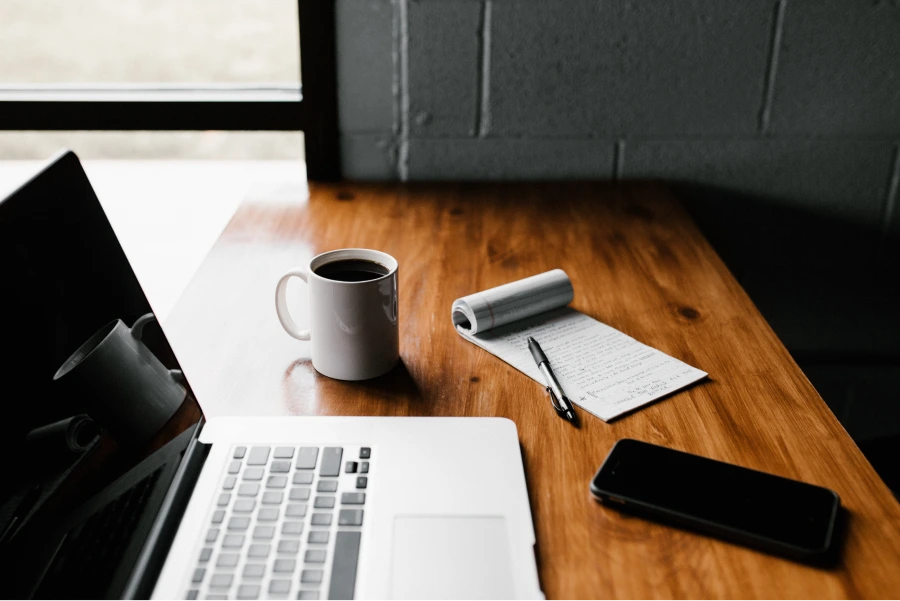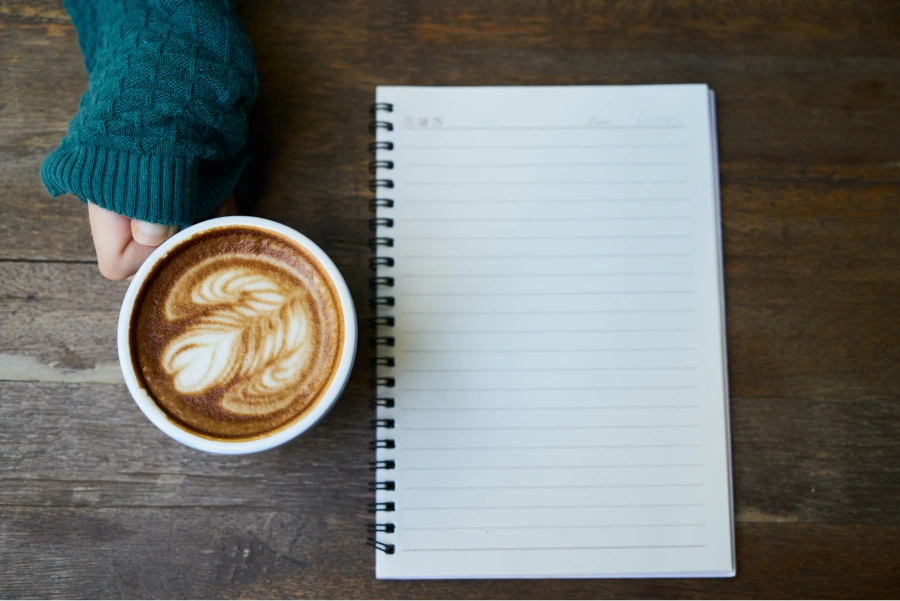Are you a coffee enthusiast who can't start the day without your beloved cup of coffee? You're definitely not alone. Many of us reach for our coffee mugs at various times throughout the day. But did you know that there's actually an ideal time to drink your coffee to really make the most of its perks?
Yes, timing is everything when it comes to coffee! Drinking it at the right moment can boost your alertness and focus for the next few hours – super handy for those of us with an average caffeine tolerance. Imagine timing your coffee just right so that you hit your peak of alertness exactly when you need it during your day.
In this article, we're going to dive into the best time to enjoy your coffee. Our goal? To help you maximize the benefits of your caffeine fix while keeping those pesky side effects at bay. Let's explore together how and when to schedule your coffee breaks for the ultimate caffeine advantage!
Coffee Time and Cortisol: Finding Your Perfect Caffeine Moment
If you're like me and many others, your morning probably starts with the comforting ritual of brewing a fresh cup of coffee. But did you know that the timing of your first sip could actually influence how effective that caffeine boost is? It all comes down to a little thing called cortisol.
Cortisol: The Wake-Up Hormone
Cortisol, often labelled as the 'stress hormone,' is actually a bit of a morning hero. It helps us wake up, feel alert, and get going by affecting our alertness, focus, metabolism, and even blood pressure. After you wake up, cortisol levels peak within 30-45 minutes and then gradually decrease as the day goes on.
The Best Time for Your Coffee Break
So, when should you actually drink your coffee? Many coffee connoisseurs and scientists suggest waiting until mid- to late-morning – think 9:30 to 11:30 a.m. for those early risers. Why? Because that's when your cortisol levels start to dip. The idea is that your coffee will give you more of a boost when your body's natural alertness starts to wane.
However, it's important to note that research on this is still brewing. There's no concrete evidence yet that waiting a bit in the morning to drink your coffee significantly enhances its energizing effects.
Caffeine and Cortisol: A Double-Edged Sword?
There's also a buzz about caffeine potentially spiking cortisol levels. The theory goes that if you drink coffee when your cortisol is already high, it might push these levels even higher, affecting your immune system and overall health. But, don't worry too much just yet – long-term studies haven't definitively proven these effects, especially for regular coffee drinkers who might have a reduced response to caffeine's impact on cortisol.
Listen to Your Body: Ultimately, whether you crave that coffee as soon as you open your eyes or can wait a few hours, it's probably okay either way. For an extra energy lift, try holding off until mid-morning. But if you love your early coffee ritual, there's likely no harm.
| Quick Summary |
| The sweet spot for coffee might be between 9:30 and 11:30 a.m., aligning with lower cortisol levels for most people. While the impact of timing on the energizing effects of coffee is still up for debate, and the long-term health implications of caffeine-induced cortisol changes are not fully understood, it’s essential to find a rhythm that works best for you. |

Boosting Your Workout with Coffee: A Smart and Budget-Friendly Choice
Ever thought of coffee as your workout buddy? Beyond waking you up, coffee is actually a fantastic, wallet-friendly alternative to those pricey pre-workout supplements. Thanks to the caffeine it packs, coffee can take your exercise performance up a notch.
Why Coffee is a Workout Game-Changer
Caffeine isn't just about keeping you alert; it's a powerhouse when it comes to boosting your workout. Research shows it can help delay fatigue, and even pump up your muscle strength and power.
Timing Your Coffee for Peak Performance
While your morning coffee ritual might not impact your day much, the timing of your pre-workout coffee is crucial. For the best results, aim to drink your coffee about 30–60 minutes before hitting the gym or starting your sports session. This is the sweet spot for caffeine to hit its peak level in your body.
How Much Coffee is Just Right? Wondering how much coffee you need for that extra edge? The magic number is about 1.4–2.7 mg of caffeine per pound of body weight. So, if you weigh around 150 pounds, you’re looking at 200–400 mg of caffeine. That's roughly 2–4 cups of coffee.
Coffee, Sleep, and Anxiety: Finding Balance
But it's not all about the energy boost. Coffee can be a double-edged sword, especially when it comes to sleep and anxiety. Its stimulating effects last 3-5 hours, and even longer in your body, which means a late-afternoon coffee might just keep you tossing and turning at night. To safeguard your sleep, try cutting off caffeine at least 6 hours before bedtime.
For those of you who feel jittery or anxious with coffee, it's worth listening to your body. If coffee amps up your anxiety, reducing your intake or even considering alternatives like green tea, which is gentler and comes with the calming amino acid L-theanine, might be a good move.
In Summary: Coffee as a Conscious Choice
In essence, coffee can be a fantastic, cost-effective boost for your workouts. Just keep an eye on the timing and the amount. And remember, balancing coffee intake with your sleep and anxiety levels is key to enjoying its benefits without the drawbacks. Making mindful choices about your caffeine consumption can lead to better workouts, more restful sleep, and less anxiety.

Navigating the World of Coffee: How Much is Too Much?
For all the coffee lovers out there, have you ever wondered how much coffee is safe to drink each day? Let's dive into what the experts say about your daily caffeine fix.
The Safe Limit for Coffee Enthusiasts: For most healthy adults, the caffeine green light is up to 400mg per day. That's about 4 average cups of coffee. Sounds like a decent amount to keep you buzzing through your day, right?
Special Considerations for Pregnant and Breastfeeding Women: Now, if you're pregnant or breastfeeding, the coffee rules change a bit. The recommended caffeine limit drops to around 300mg per day. In fact, some studies even nudge that down to a safer 200mg. It's all about keeping both you and your little one healthy.
Remember, Coffee Isn't the Only Caffeine Source: Here's something crucial to remember: 400mg (or 300mg/200mg) isn't just about coffee. It includes caffeine from all sources – think tea, soft drinks, energy drinks, and even that sneaky dark chocolate.
| Quick Sip Summary |
| So, to keep it simple: for most adults, up to 4 cups of coffee a day is generally fine. But if you're expecting or nursing, aim for less – about 2 to 3 cups. And don't forget to account for other caffeine sources throughout your day. Stay within these guidelines, and you can enjoy your coffee without worry! |






